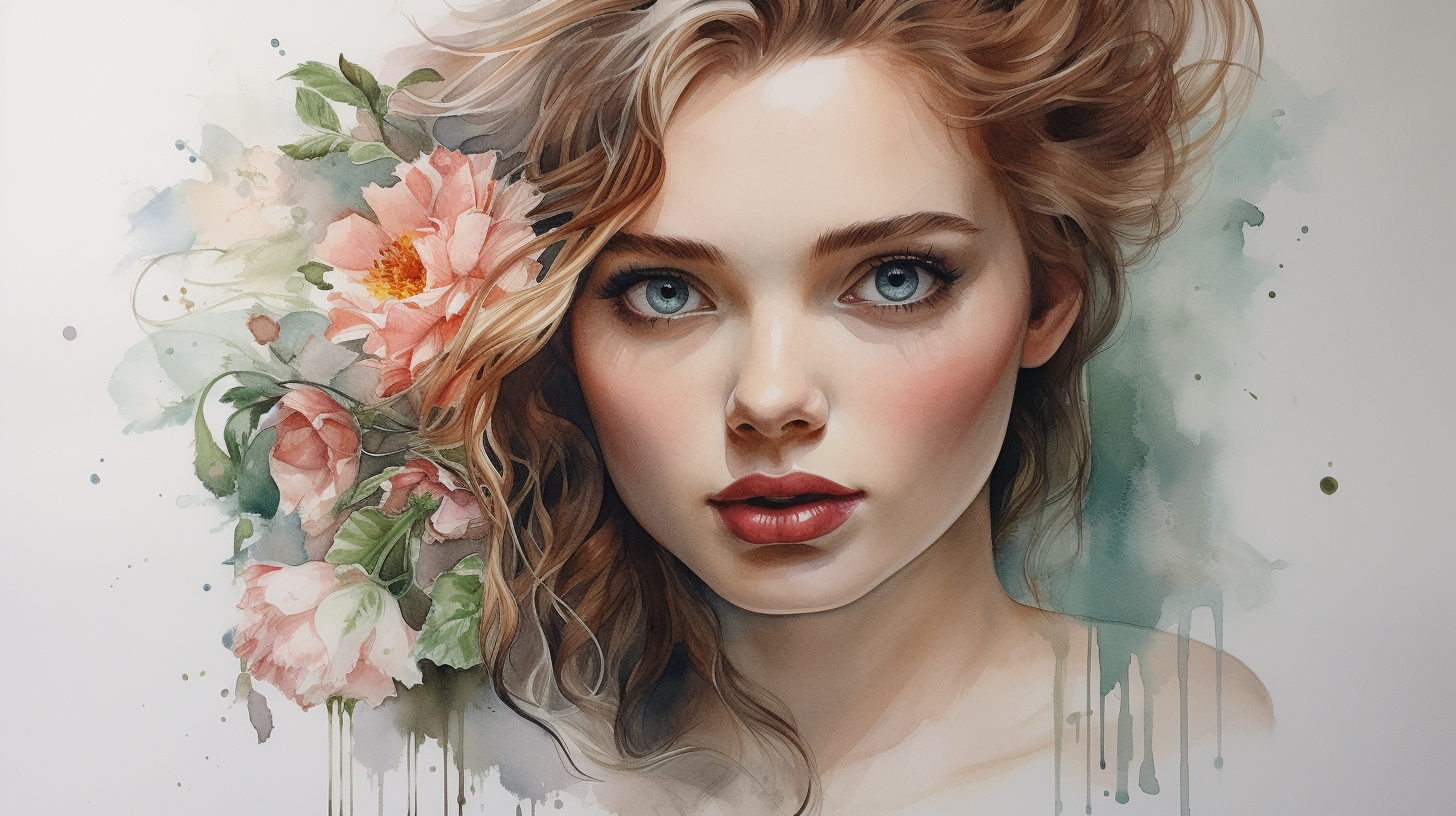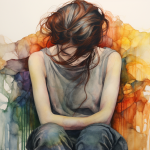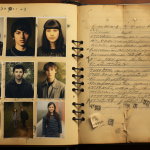What Does It Mean to Dream About a Face? Unpacking the Symbolism and Interpretations
Dreams about faces are some of the most common and intriguing experiences we have while asleep. A face in a dream can evoke strong emotions and leave a lasting impression because it is closely tied to identity, recognition, and personal connections. If you’ve recently had a dream about a face and are wondering what it might mean, this guide will help you understand the possible interpretations and the deeper messages your subconscious could be sending.
In this article, we’ll explore common meanings of dreaming about faces, different scenarios you might encounter, and how to reflect on these dreams in a meaningful way.
Why Do We Dream About Faces?
Faces are central to how we recognise and connect with others. In dreams, a face can symbolise:
- Identity and self-awareness
- Emotional expression and hidden feelings
- Relationships and social connections
- Aspects of your own personality or shadow self
- Recognition or lack thereof
Because faces carry so much information about identity and emotion, dreaming about them can often reflect your thoughts and feelings about yourself or others.
Common Symbolism of Faces in Dreams
1. Recognisable Faces
Dreaming of a familiar face—such as a friend, family member, or colleague—may indicate your feelings towards that person or unresolved issues in your relationship. It might also represent qualities you associate with them or wish to integrate into your own life.
2. Unknown Faces
Seeing a stranger’s face in a dream can represent the unknown aspects of yourself or others. It may symbolise new opportunities, hidden fears, or parts of your personality you have yet to discover.
3. Changing or Distorted Faces
If the face in your dream changes, blurs, or is distorted, it could signify confusion, uncertainty, or anxiety about identity or a situation. It may also point to feelings of mistrust or deception.
4. Your Own Face
Dreaming of your own face often relates to self-image, confidence, and how you perceive yourself. Positive or negative emotions tied to your appearance in the dream can reflect your waking self-esteem and inner thoughts.
Different Face Dream Scenarios and Their Meanings
The context of the face in your dream greatly affects its interpretation. Here are some common scenarios and their potential meanings:
Dreaming of a Smiling Face
A smiling face usually signifies happiness, acceptance, and positive relationships. It can also indicate your subconscious desire for harmony and joy.
Dreaming of a Sad or Crying Face
This may reflect feelings of sorrow, regret, or empathy. It could be a message to pay attention to emotional pain—either your own or someone close to you.
Dreaming of a Face Without Features
A faceless or featureless face often points to feelings of anonymity, loss of identity, or confusion about who you are. It might also suggest that you are avoiding recognising an important truth.
Dreaming of a Face That Stares at You
A face that intensely stares can evoke discomfort or confrontation. This might represent guilt, fear of judgement, or a need to address something you have been avoiding.
Dreaming of a Familiar Face You Cannot Recall
Sometimes, you may dream of a face you recognise but can’t quite place. This can mean you are trying to recall or connect with a memory, emotion, or part of yourself that remains unclear.
Psychological Perspectives on Dreaming About Faces
From a psychological standpoint, faces in dreams often relate to your inner world and self-identity. Carl Jung, the famous psychologist, viewed faces in dreams as representations of the persona (the social mask we wear) or the shadow (the hidden, often unconscious part of ourselves).
Dreaming about faces can therefore be an invitation to explore your own personality, confront hidden fears, or reconcile different parts of yourself.
Spiritual Interpretations of Faces in Dreams
Spiritually, faces can symbolise the soul or spirit of a person, the “mask” of the ego, or divine presence. In some cultures, dreaming of a face may be interpreted as receiving a message from the spiritual realm or connecting with a guide or ancestor.
Reflecting on the emotional tone of the face—whether peaceful, anxious, or joyful—can offer clues about spiritual lessons or messages.
How to Reflect on Your Dream About a Face
To understand your dream more deeply, consider the following steps:
- Recall the details: Who was the face? What expression did it have? How did it make you feel?
- Connect to your waking life: Are there relationships or situations that relate to the emotions or people in your dream?
- Reflect on your self-image: Does the dream reveal anything about how you see yourself or wish to be seen?
- Explore hidden emotions: Are there feelings you’ve been ignoring that this dream might bring to the surface?
Journaling about your dream and discussing it with trusted friends or a therapist can also help uncover insights.
Final Thoughts: The Power of Dreaming About Faces
Dreaming about a face is a profound experience that touches on identity, emotion, and connection. Whether the face is familiar or strange, clear or blurred, it invites you to explore your own sense of self and your relationships with others.
By paying attention to these dreams and reflecting on their symbolism, you can gain valuable insight into your inner world and foster greater self-awareness.



